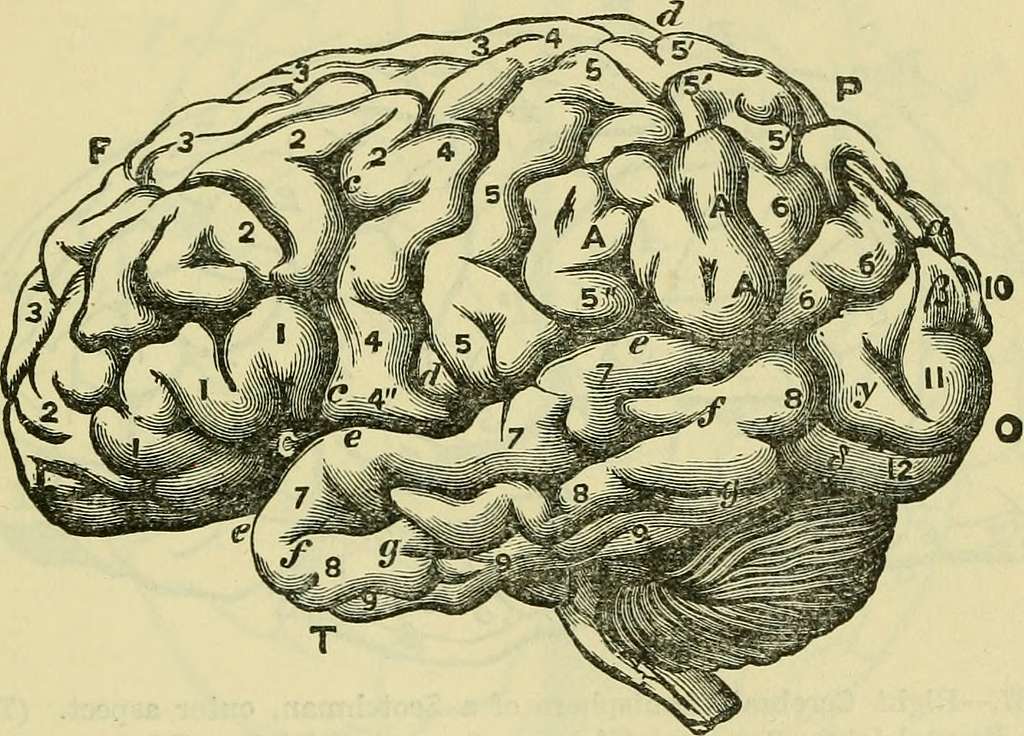
You cannot be an informed consumer (or producer) of contract language without consulting A Manual of Style for Contract Drafting. (See this 2024 blog post.) So doesn’t it follow that to be an informed consumer of contract language, all that’s required is that you get yourself of copy of MSCD?
Well, no. For one thing, you have to apply yourself. Contracts are complicated, a lot is at stake in contracts, and the English language is nuanced, so MSCD is a fat book with a fair amount of complexity. As someone said on LinkedIn recently, it’s not for the faint-hearted.
So if you’re willing to work at it, success is guaranteed? No, you need something else—semantic acuity.
C’mon, man! Semantic acuity? What the heck is that!
If you have semantic acuity, you have an ear for language. You’re attuned to the different ways of saying things and the implications of those differences.
How do you acquire semantic acuity? In my case, I read a lot through adolescence, so I had digested enough English prose to have acquired by osmosis a sense of its ways. And my family was inordinately interested in English usage—it’s something we’d discuss at the dinner table—so early on I had a sense of the nuances. That provided a foundation I could build on. And built on it I did, largely because I have a thing about establishing order in the civic sphere.
It’s risky extrapolating from one’s own experience, but I suggest that reading is essential for semantic acuity. And you have to be at least mildly curious about how one expresses onself. Not everyone is going to meet those requirements.
Reading, check! Curiosity, check! It’s all going to work out!
Well, that depends on the system you’re subject to. Currently, the prevailing order is the copy-and-paste system. Since forever, to some extent we’ve all been copy-and-pasting from precedent contracts and templates of questionable quality and relevance. As a result, mainstream contract drafting is dysfunctional in the myriad ways I’ve devoted myself to chronicling. And that’s aggravated by the legalistic mindset, which insists of tangling contracts up in mumbo-jumbo. So changing your contracts is hard.
One result is organizational inertia. Here’s what I say about that in this 2024 blog post:
[L]ooming over everything is the spectre of inertia. As if the task itself weren’t challenging enough, organizations resist change. Noodling over crappy and annoying contract language that hardly anyone understands? The rewards are too uncertain! Training all those people? Fielding inquiries from suspicious customers? No thanks! Instead, let’s slap an “excellence” label on it all and be done with it!
As long as inertia holds sway, you won’t have much use for your semantic acuity.
Also relevant is another system, one you want to be subject to—the rule of law. If we lose that, not being able to use your semantic acuity in working with contracts will be the least of your problems.

A tiny bit of humility is important too.
>Since forever, to some extent we’ve all been copy-and-pasting from precedent contracts and templates of questionable quality and relevance.
We’ve been told, and convinced ourselves, that all these phrases and doublet and triplets (“defend, indemnify, and hold harmless,” anyone?) were actually super-precise, finely tuned, crafted sentences with the infallibility of a math proof. I admit I believed it for a long time until I started reading your posts.